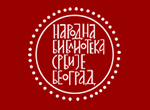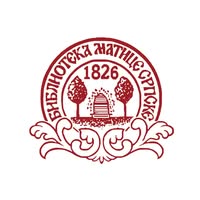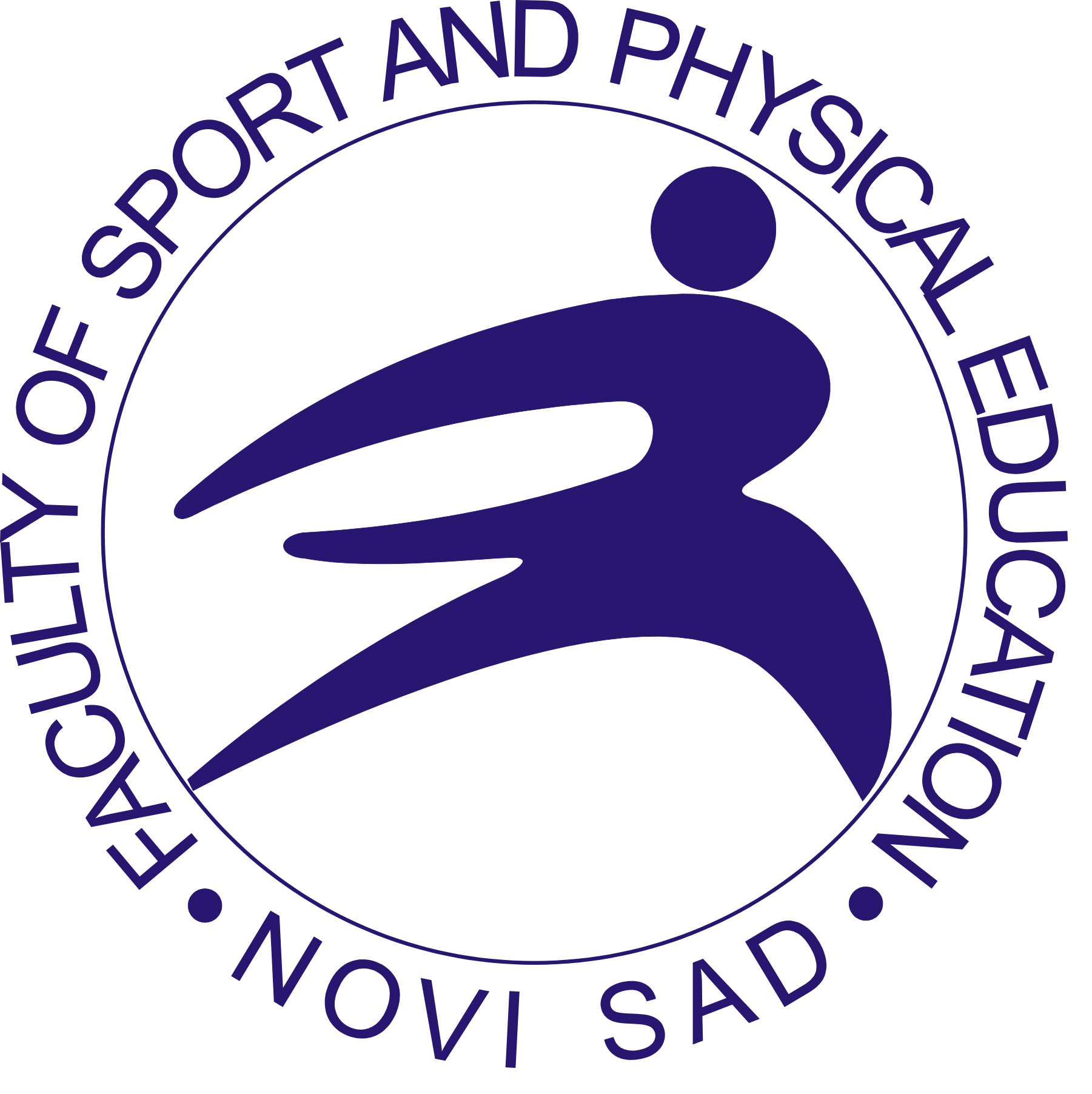Current issue

Volume 18, Issue 1, 2026
Online ISSN: 2406-1379
ISSN: 1821-3480
Volume 18 , Issue 1, (2026)
Published: 17.12.2025.
Open Access
Online First is a feature that enables the publication of final revised articles online before their inclusion in a printed issue. This accelerates the dissemination of research findings and ensures that your authors' work reaches the audience promptly.
Articles published through Online First are assigned a DOI upon their online posting. They should be cited as follows:
Author(s). Title of the article. Exercise and Quality of Life. Advance online publication. DOI:10.31382/xxxx
After assignment to a final issue, citations can include the volume and page numbers in addition to the DOI.
Once articles are allocated to a specific issue, their hosting transitions from the Online First page to the main journal archive. The DOI ensures persistent accessibility.
Citations to Online First articles are counted toward the journal's Impact Factor if other indexing criteria are met. This promotes earlier engagement with the published work.
Online First articles are considered final but not definitive until assigned to a specific issue. Errors identified in the online version can be corrected before the final issue publication.
All issues
Contents
15.06.2021.
Original scientific paper
Mental toughness and performance strategies of martial artists in practice and competition
Abstract This study’s objective was to analyze the relationship between mental toughness and martial artists’ performance strategies. Two hundred athletes (male: 105, female: 95) with an age range of 18-36 years (mean:25.12, s=4.96) who competed at university to the national standard of martial arts participated in this study. Participants answered mental toughness questionnaires and performance strategies inventory. The Pearson correlation results showed a positive and significant relationship between mental toughness and automaticity, goal-setting, imagery, self-talk, and emotional control, and a negative and significant relationship between mental toughness and attentional control in practice. Furthermore, there is a positive and significant relationship between mental toughness and activation, relaxation, self-talk, imagery, goal-setting, and emotional control in the competition. The multiple linear regression analysis results showed that goal-setting and imagery in practice and competition, self-talk in practice, and relaxation in the competition could predict mental toughness. In analyzing the subscales of mental toughness, it was concluded that tough emotions could be loaded on eight subscales of performance strategies. In the Independent-Sample T-Test, the significant differences related to gender were that men reported higher levels of self-talk (t=3.24, p<0.001), automaticity (t=2.76, p<0.006), goal-setting (t=2.63, p<0.009), imagery (t=2.18, p<0.03) and relaxation (t=2.17, p<0.03) than women.
Atefeh Beheshti, Hassan Gharayagh Zandi, Zahra Fathirezaie, Fatemeh Heidari
24.06.2019.
Original scientific paper
The effects of Mindfulness-Based Cognitive Therapy (MBCT) on cognitive skills in young soccer players
TThe aim of this study was to examine the effect of Mindfulness-Based Cognitive Therapy training on mental skills of young soccer players. For this purpose, 30 soccer players were assigned to an experimental group of 15 players (intervention based on Mindfulness) and control group of 15 players that participations’ age ranged from 17 to 20 years old in provincial competitions in the year 2017-18. Athletes in the experimental group participated in MBCT course over eight weekly sessions of 2 h each. The control group did not receive any intervention. Before and after interventions Ottawa mental skills assessment tool questionnaire (Omsat-3) were used to collect data. The results of MANOVA showed that significant improvement in all sub-scales scores; Focusing (P=0.001), Refocusing (P=0.001), Imagery (P=0.001), Mental practice (P=0.001), and Competition planning (P=0.001) in the experimental group than control group. According to these findings, we concluded that Mindfulness-Based Cognitive Therapy training is appropriate to improve the level of cognitive skills of soccer players.
Seyed Mohammad Zadkhosh, Hassan Gharayagh Zandi, Majid Ghorbannejad























